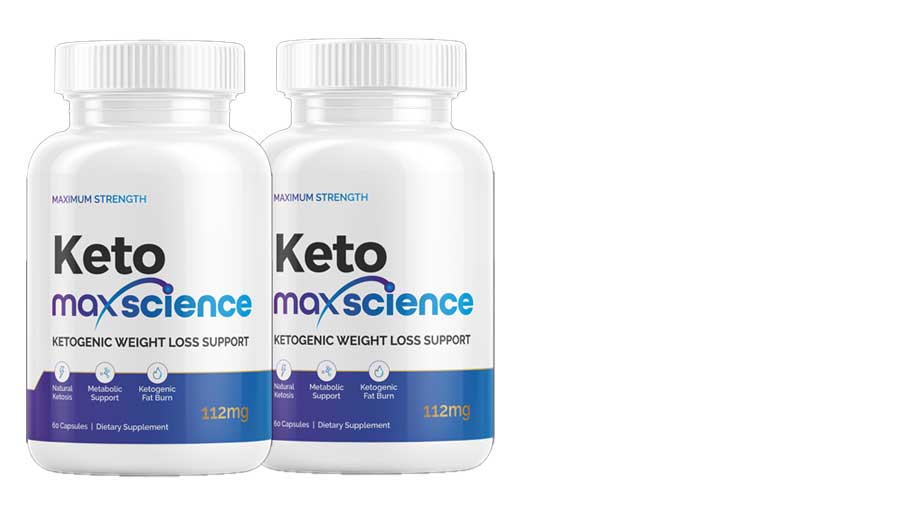
L-Carnitine / Carnitine
What is it?
> Scientific/Other Names: Carnitine, Levocarnitine, (R)-3-hydroxy-4-(trimethylazaniumyl)butanoate
> Supplement Type: Amino Acid
> Taken as: Capsule, tablet, liquid, powder
L-Carnitine is naturally occurring amino acid derivative that is essential for the transport of fatty acids into the mitochondria, where they are oxidized to produce energy. That is, it helps the body turn fat into energy. It is found in high concentrations in red meat and dairy products, and can also be synthesized in the body from the amino acids lysine and methionine.
What are the benefits of taking L-Carnitine?
L-Carnitine benefits may include :
- Enhanced fat metabolism and weight loss support
- Improved exercise performance and recovery
- Support for heart health
- Enhanced cognitive function and reduced mental fatigue
- Improved symptoms of certain medical conditions such as chronic fatigue syndrome and peripheral artery disease
How does it work?
L-Carnitine plays a crucial role in the transport of long-chain fatty acids into the mitochondria – the energy-producing structures within cells, for oxidation and energy production. This process is vital for fat metabolism and energy production, especially during exercise. L-Carnitine also helps remove metabolic waste products from cells, which can improve recovery and reduce muscle soreness.
See our guide on Supplement Mechanisms
Is there evidence that it helps with weight loss?
> Clinical Trials: Numerous studies, including human trials
> Test Size: Medium to large (50-250+ participants)
> Results: Research suggests that L-carnitine supplementation can improve exercise performance, particularly in endurance activities, and aid in recovery by reducing muscle soreness.
Some studies indicate potential benefits for weight loss and heart health, however, the evidence is lacking. Where there were some positive weight loss outcomes they were generally not significant, or consistent across the studies. Triallists lost around 1kg/2.2lbs vs placebo, in one study – with such a modest difference it’s hard to ascertain it’s clinical significance.
However, the results can be variable, and more research is needed to confirm these effects.
See our guide on trial sizes.
What is the effective dose of L-Carnitine?
Commonly recommended dose ranges from 500 to 2000 mg per day
Higher doses (up to 3-4 grams per day) have been used in some studies for specific conditions, typically divided into two doses

So, does it work?
OK, but is it safe?
- Generally considered safe at recommended doses
- Possible side effects: mild gastrointestinal issues such as nausea, vomiting, and stomach cramps
- High doses might cause a “fishy” body odor due to the production of trimethylamine
- Caution: Should be used with caution in individuals with kidney disease or those on dialysis, as carnitine levels can be affected
References
1. l-Carnitine Supplementation in Older Women. A Pilot Study on Aging Skeletal Muscle Mass and Function
2.The effects of oral L-carnitine treatment on blood lipid metabolism and the body fat content in the diabetic patient
3. Effect of l-carnitine supplementation on clinical symptoms in women with osteoarthritis of the knee: A randomized, double-blind, placebo-controlled trial
4. The effect of (L-)carnitine on weight loss in adults: a systematic review and meta-analysis of randomized controlled trials


